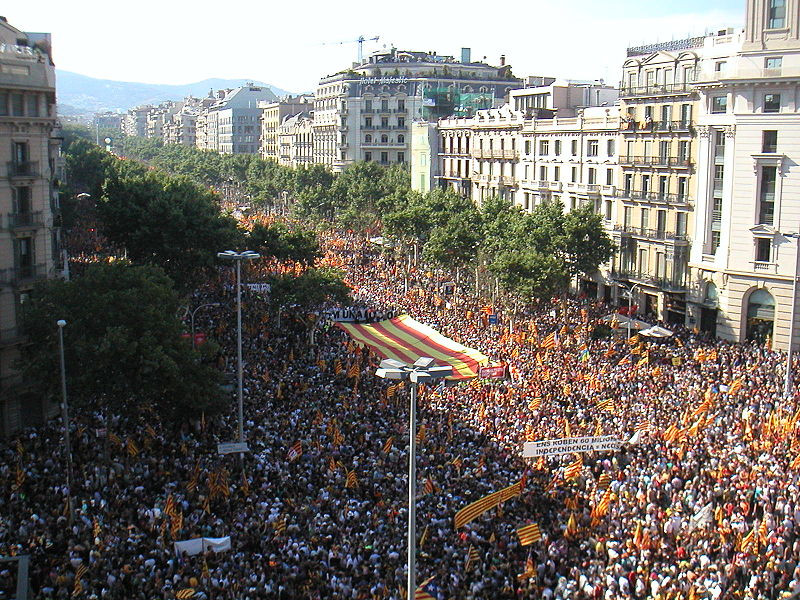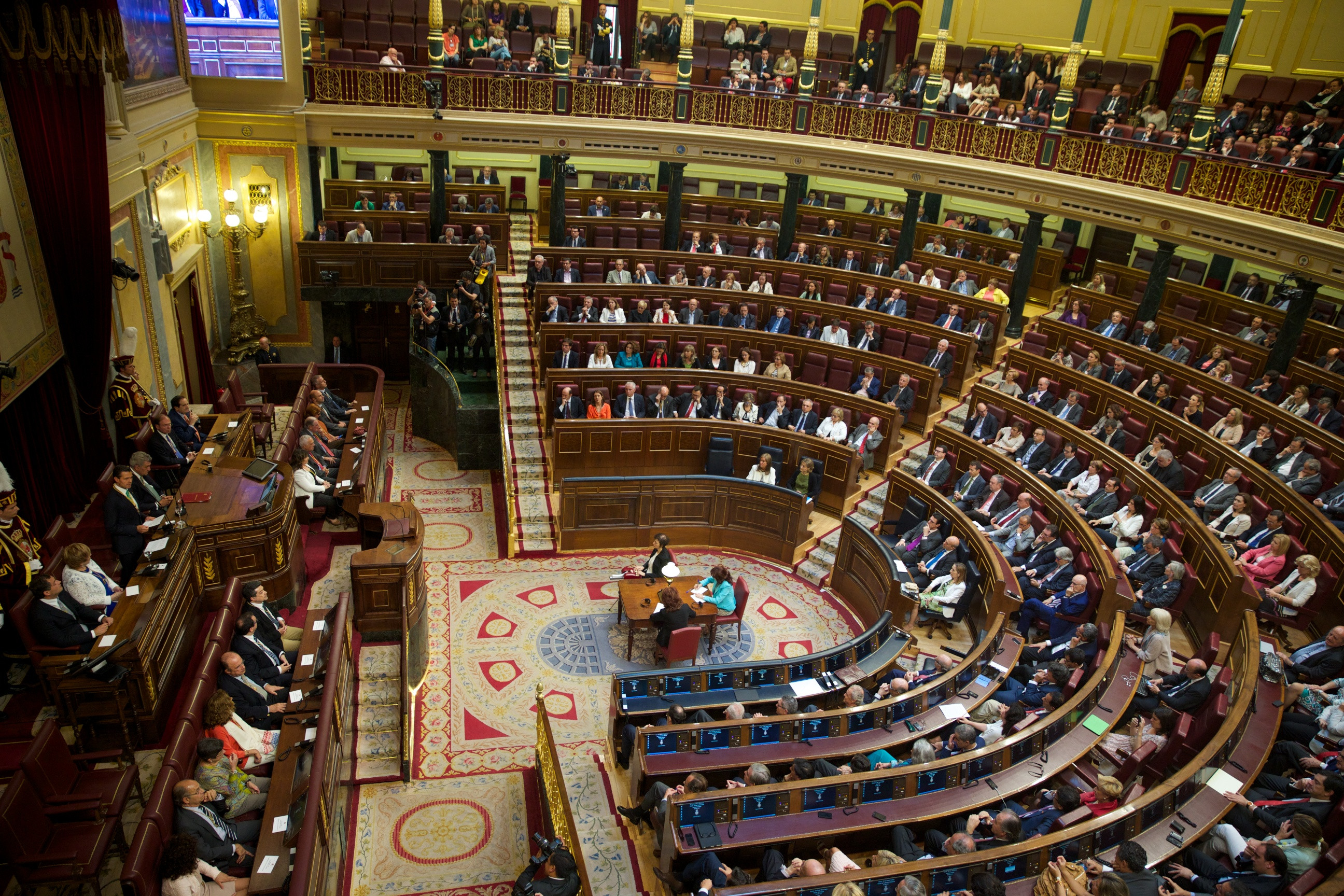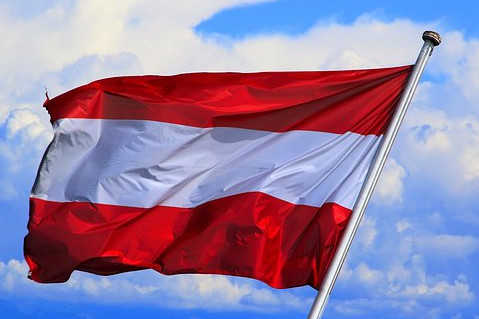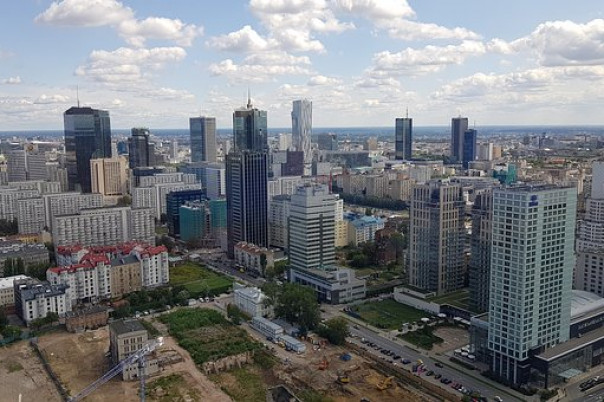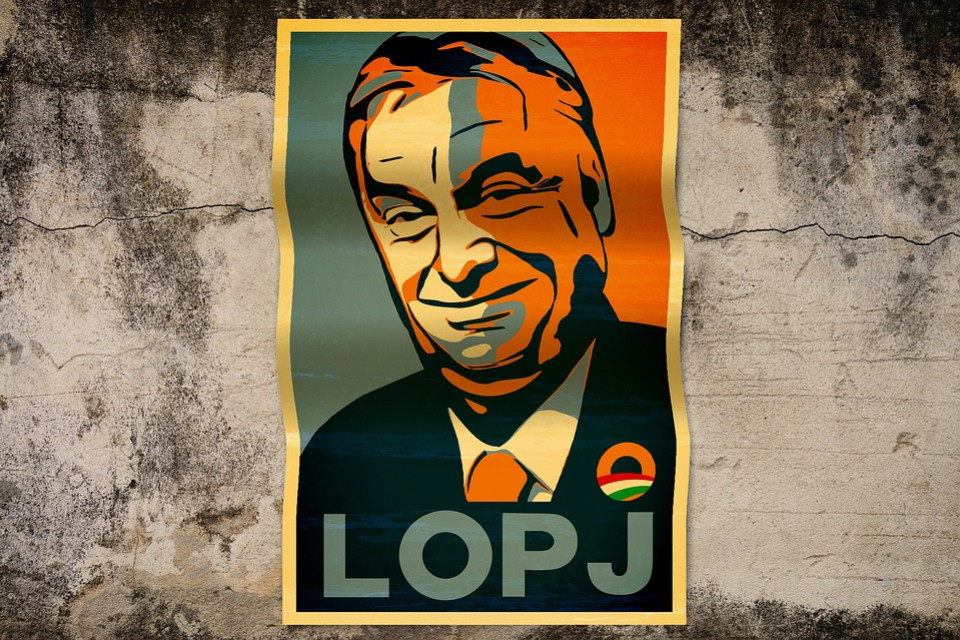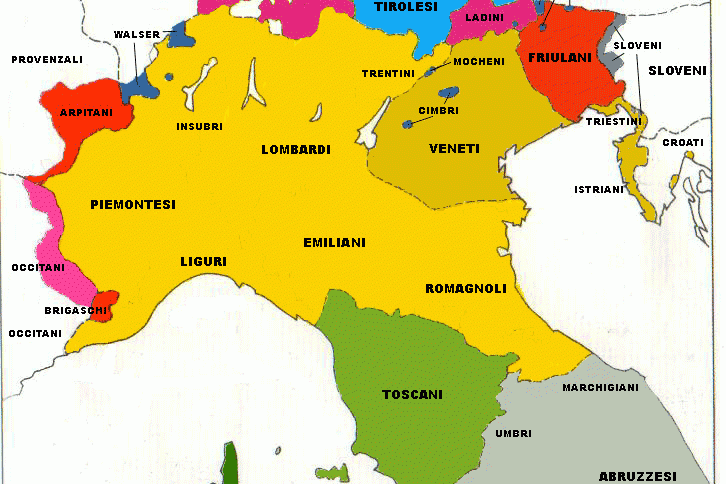Perhaps the most significant asset or indeed the only asset of the Catalonian "Procés" that has not known how to or has not been able to accumulate sufficient strength to impose itself, is its power of mobilisation. Surely, the figures cited by those interested in the concentrations of September 11th, and similar acts in recent years do not correspond entirely to reality. However, in any case, it would not hurt to ask about the role of people in nationalist movements, within Catalonia and also outside it.
In general, there is a tendency to judge political events as the work of leaders, the visible heads and the agents that lead them, rather than as a result of correlated phenomena or forces, in which people, the masses, occupy a preponderant place. The action of the leaders is dissociated from those that are carried out by each and every one of the people who participate in a certain movement. And, consequently, the elites are held more responsible than the masses for the facts and their results.
Undoubtedly, the relationship between the common people and leaders in the political arena has been and is a subject of sociological study, particularly in its political branch, and it is more than likely that there are patterns and even well-studied and well-defined behavioural models. Which, as in other areas, does not necessarily imply an understanding of the phenomenon and much less changes in the perception of things.
The ERC militant Toni Comín said, referring to the "Procés" from their Belgian estrangement, that "there will be more complicated curves than people will be able to foresee".
In other words, the "curves" rather than the question that pertained to the mentors of the matter and, consequently, to themselves, was rather something of the people. In this regard, we might then ask where the "Proces" hunch beats: in the conductors, in those conducted, or in both.
STATE CRIME ALSO CONCERNS ORDINARY PEOPLE
This question was already referred to by Hannah Arendt when, on the occasion of the trial of war criminal Adolf Eichmann, she drew attention to the banality of evil, social complicities in phenomena such as Nazism and State crime. A matter on which Jonathan Littell builds his magnificent narrative, "The Benevolent", revealing how, far from stereotypes, aesthetics and clichés, humans are capable of anything and everything. It only depends on the circumstances that a merchant of peace ends up dragging corpses or that a professor of philosophy justifies or executes en masse.
The people who made up the masses who, in the 1930s, were walking the streets of Europe, mobilized by fascism, were not monsters, but rather the opposite. The vast majority combine their attachment to the family, affection for children, companionship..., with xenophobia, hatred of others and even extreme cruelty. It was only necessary that the circumstances be right.
They were, as we have been told and now we see up close, people sensitive to the power of majorities, and power tout cour (simply put); innocent people in many cases, lovers of the glorified past and the future dreamed. In short, a gullible crowd, attached to simple things. Part of the bona gent, (good people) as it is called in Catalonia.
Leaders, no doubt, have a considerable share of responsibility in things. They are the ones in charge of making the major decisions.
They are the narrators and, as such, they have the faculty to be able to modify the script, to reveal or to conceal things. "Maybe we dwell too little on the worrying part of the story," says Comín. "Maybe we insisted too much on the things that sound better," he stresses, to conclude that "this way people are more cohesive". A clear recognition of the role and responsibility of Comín and his colleagues in the "Procés".
But, the subject ends up being the "people". Comín remits to them, and redundantly appeals to them in the "Procés". The people, the people in the street, mobilized, instrumentalised and allowing themselves to be so, being part of the instrumentalisation. People are not part of the troupe (but also even if they are) rather are active subjects and consequently, a significant part of the problem. In other words, when thousands of people act in unison it is not by spontaneous generation and it is true that they respond to someone's appeal, but it is equally true that these people, one by one, share the object that mobilizes them. In short, they cannot be exonerated of responsibility and less praised. Much less when the masses acquire their own profile, it is instituted as a subject and acts as a differentiated entity.
THE MASSES CAN BE THE GREATEST DANGER
"In the interior of the masses, equality always reigns", says Elias Canetti. "In the phenomenon of the masses, the differences between the individuals are diluted in pursuit of the common force; it is a body in which all the elements are equal insofar as they are fused in the same unified body".
Referring to the open masses, without predetermined limits, Canetti says that they are characterized by being unstable, but extremely powerful and incisive.
The retained masses are also distinguished by "that seeks to gather many people in one place, and then reach the moment of discharge in which all are considered equal in the unified body of the masses". Finally, in his exceptional reflection on the masses, Canetti also talks about the rapid masses (with immediate goals and vertiginous formation, typical of politics, sports and other belligerent practices) and the slow ones, which can pursue the afterlife or the eternal glory.
In movements such as the "Procés", the mobilized people, the masses, surely work in a timely manner, depending on the objective and the circumstances, but in a general way, the participants act in communion, share things and make this clear. Thing that, to the Left, are understood as if they were infantile disease of the Left, affects them motivates them and invites them to join. Because, you know, you have to be where the people are, the people; because the people are always right, such as workers in a strike, for example. They do not know, because perhaps they have not read Canetti with interest, that the masses cannot be dissociated from the phenomenon, rather quite the opposite. They are an integral part of it and, at times, they set the pace and even determine what it is. And, of course, that the blind masses, manipulated, but without a brain or badly orientated, are in great danger.



